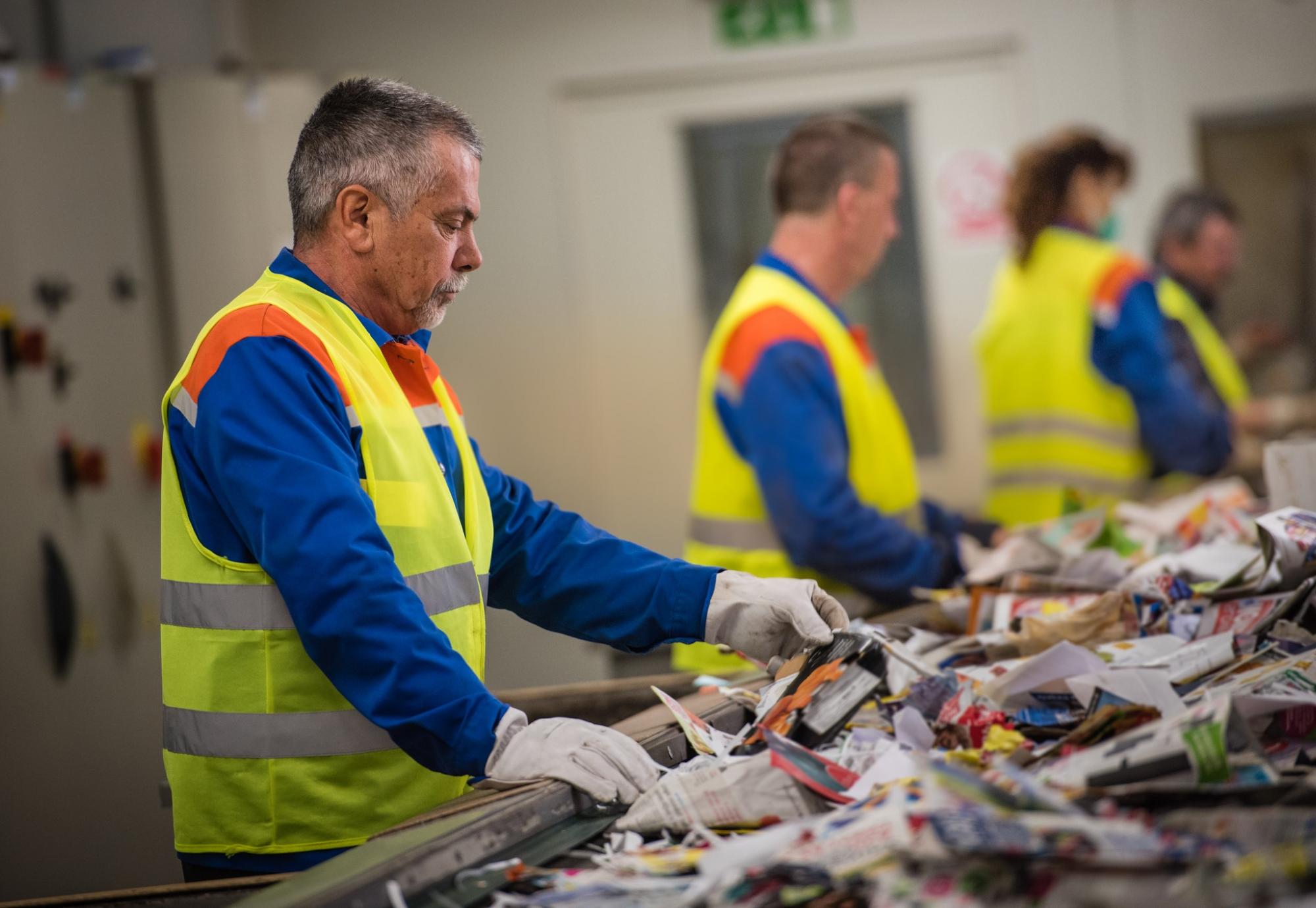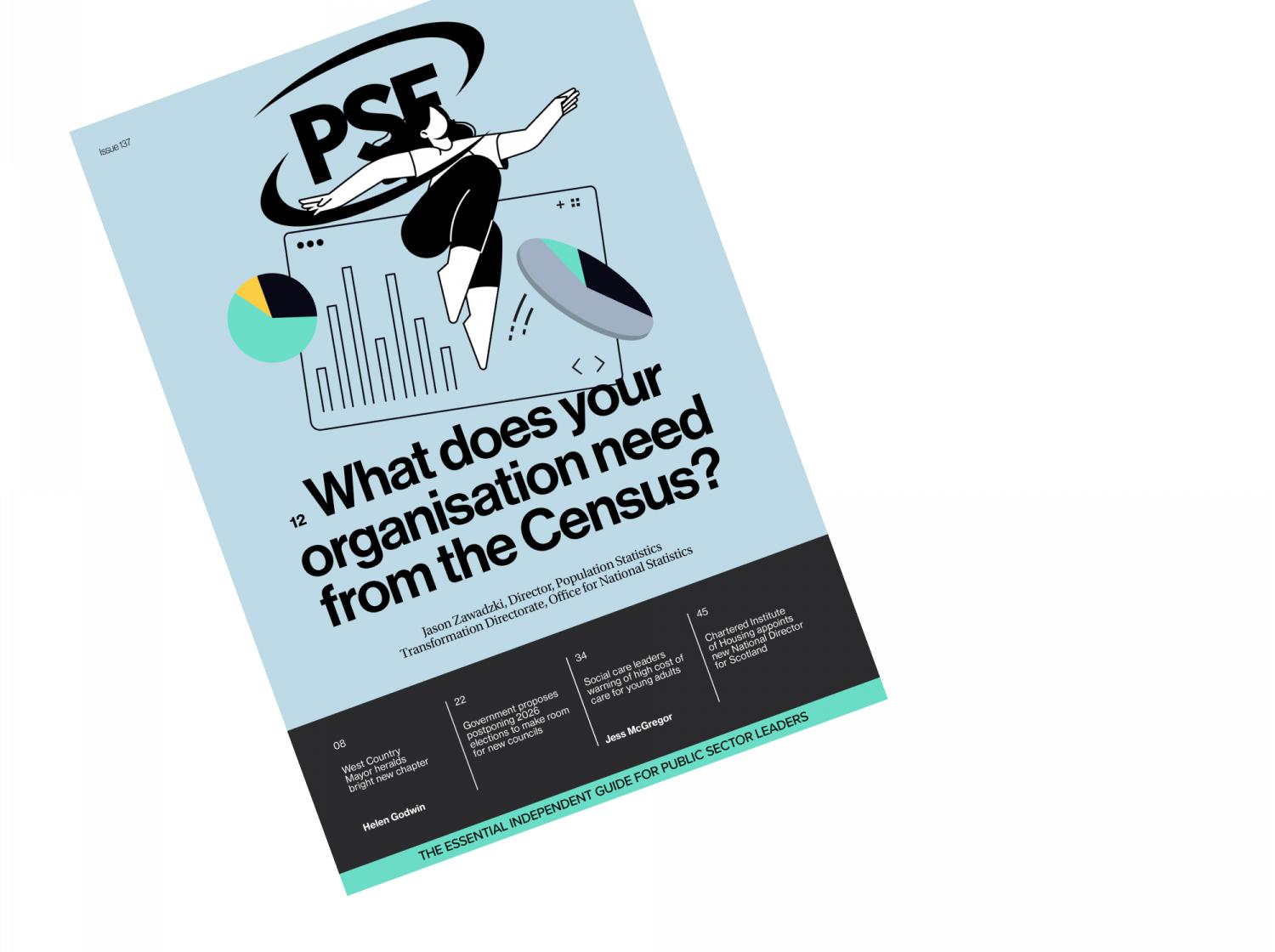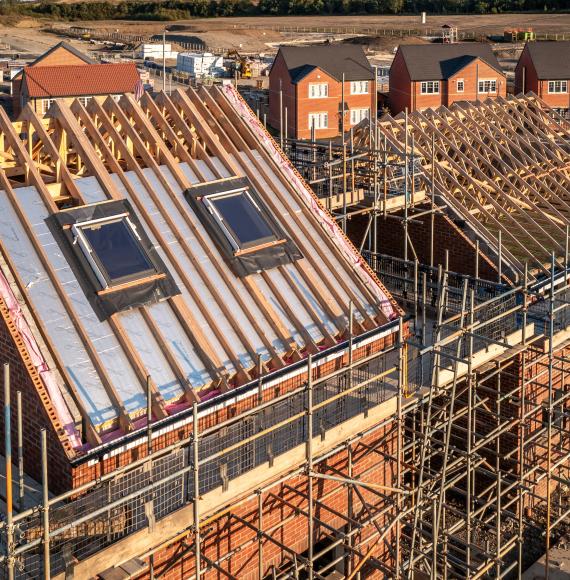Waste management may not always get a reputation as a glamorous or innovative area of public sector and local authority management, but there are huge opportunities yet to be achieved; much of it involving data science and digital technology.
On Episode 31 of PSE’s Public Sector Voices podcast, we sat down with Peter Hutt, Environment Manager at OpenSky Data Systems, who specialises in helping local authorities realise this potential. And for him, the impacts are often able to felt far beyond the waste management team.
“It’s very much something that’s been part of the waste team’s remit to look at their data and to use it where they can, even if it’s not always recognised because you can see it fairly easily if you have a look. Down to the basic, ‘Oh it’s the summer, we have more people flocking to our beaches, so we need more trucks to empty the waste bins’.
“Data has always been part of it, even when they don’t recognise it themselves.
“The collection of the detailed waste data, the movement from one place to another, gives them a big resource that they could use for planning; and not just for their own planning, but for the planning of other parts of the council.
“For themselves, it’s looking at how valuable would an extra incinerator be for us, in our waste stream, or do we need another recycling centre because we have a big population building up in this area.
“But there’s other parts of the council that could also benefit from the waste data. If you consider the planning department for the new buildings and houses. If we can model what an increase of 5,000 extra people in a particular area looks like in terms of waste, we can look at that and say ‘here is what that would look like if the houses were all semi-detached, here is what it is like if it’s all high-rise. Here is what it looks like if you have 10 acres of green space, and here if you only have five acres.
“It can build into the planning processes as well, so it’s not just restricted to the waste team which would use this data.”



















